Add a simplified appraisal mechanism for low-risk projects
Emphasizing that the environment is still one of the biggest challenges of sustainable development, National Assembly Deputy Nguyen Thi Thu Ha ( Quang Ninh ) said that we need to improve environmental protection work and perfect mechanisms and policies in the coming period.
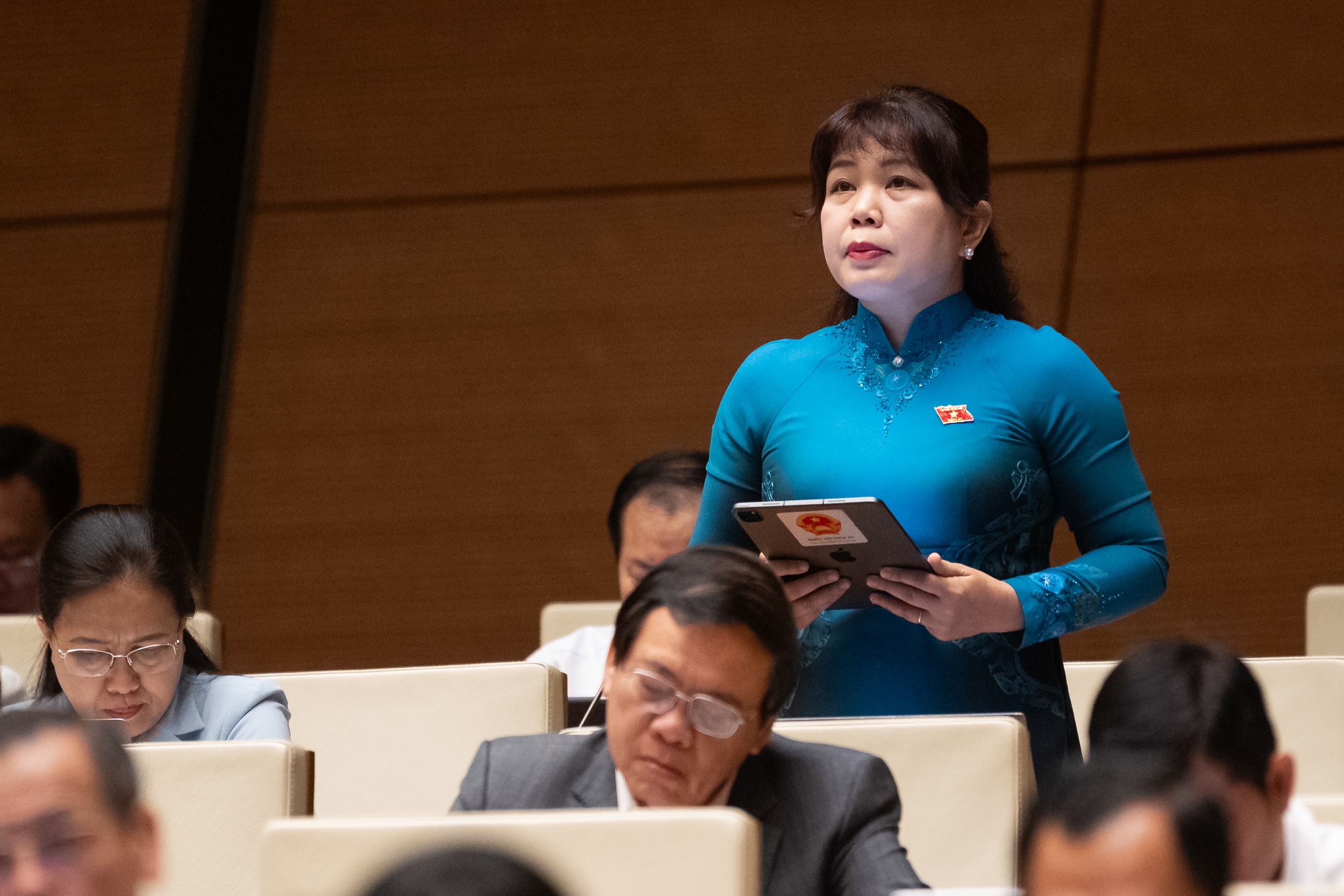
According to delegates, the process of environmental impact assessment and environmental licensing is still lengthy and requires many adjustments due to the lack of technical information, technology, and basic design plans at the time of appraisal. Some procedures are still performed manually, not meeting the requirements of digitalization and online public services throughout the process. In addition, the criteria for determining licensing authority still overlap between ministries and provinces, causing confusion in implementation.
Therefore, delegates suggested that it is necessary to complete the environmental impact assessment process to ensure quality and sufficient technical and technological information before assessment.
At the same time, supplement the mechanism of simplified, online appraisal of the entire process for low-risk projects to shorten time and costs. It is necessary to clearly stipulate the authority, basis for transition and criteria for decentralization of environmental licensing to ensure consistency and avoid overlap.
Delegate Nguyen Thi Thu Ha noted that regulations on subjects required to perform environmental obligations are not yet unified, especially for expansion projects, capacity increase projects or special projects such as solar power, medicinal plant cultivation under forest canopy, agricultural and tourism linkages. Some cases of exemption from environmental obligations under specialized laws such as the Law on Geology and Minerals are not clearly defined, leading to the risk of misunderstanding and arbitrary application. In addition, the requirement for trial operation for stable operating facilities is also costly and does not bring practical value.
From there, delegates proposed to clarify the scope and subjects that must conduct environmental impact assessments or are exempted from environmental obligations, especially for expansion projects, capacity increase projects or production chain linkage projects.
At the same time, "consider exempting, reducing, and simplifying the obligation to conduct trials for stable facilities that do not change technology, in order to reduce costs and match actual production costs," delegate Nguyen Thi Thu Ha emphasized.
Support green businesses with initiatives to handle and recycle technological waste
Although the 2020 Law on Environmental Protection and guiding documents have regulations on the collection of specific waste such as electronic batteries and solar panels associated with the recycling responsibility of manufacturers, National Assembly Deputy Nguyen Thi Hue ( Thai Nguyen ) pointed out that the infrastructure for collecting and recycling these types of waste is still limited.

In fact, technological waste and solar batteries are emerging as a serious challenge to the global environment. The strong development of science and technology has led to a large amount of electronic devices, components and expired solar panels, creating waste sources containing many heavy metals and toxic chemicals such as lead, mercury, cadmium, chromium... that can seep into soil and water, causing serious pollution and affecting health such as cancer, neurological disorders, infertility, and toxic gas emissions.
When burned manually, electronic components release Dioxin and Furan gases, which are extremely toxic substances that pollute the air and are difficult to recycle because of their complex structure and many adhesive materials, making separation and recycling costly and dangerous without appropriate technology.
The delegate said that every year the world produces tens of millions of tons of electronic waste, but only a small portion is recycled safely. According to the United Nations, in 2022 the world produced about 62 million tons of electronic waste, but only 17% was recycled properly. In our country, most of it is still processed manually or buried, while the collection system, recycling technology and legal regulations are still lacking in synchronization.
According to the Monitoring Team's Report, risks of specific waste have been considered and response plans have been prepared as the 2020 Law on Environmental Protection and its implementing documents have a number of regulations on specific waste management.
Decree No. 08/2022/ND-CP of the Government detailing a number of articles of the Law on Environmental Protection has stipulated specific types of waste including electronic waste, electronic vehicle batteries, waste solar panels in the list of products and packaging that must be recycled with mandatory recycling rates and recycling specifications. Accordingly, manufacturers are responsible for collecting, processing or contributing to the recycling of waste types. However, in reality, the collection and treatment of electronic waste and energy batteries still depends a lot on infrastructure, treatment sanctions and people's sense of responsibility.
To solve this problem, delegates suggested that, in addition to regulations requiring manufacturers and importers to collect and recycle products at the end of their life cycle, it is necessary to establish national standards for the collection, transportation and treatment of technological waste and solar batteries. Encourage a circular economy, reuse of components and materials, and reduce the exploitation of raw resources.
Develop clean recycling technology to separate silicon, silver, aluminum, and glass from solar panels for reuse, build centralized processing plants using safe thermo-chemical technology instead of manual processing. Research new generation batteries, such as using Teklok, Sky, or organic batteries that are easy to recycle and contain less heavy metals.
Strengthen propaganda for people and businesses not to litter electronic waste and electronic batteries but to participate in collection programs, encourage the model of exchanging electronic waste for gifts, and collect them in supermarkets, schools or community areas. Support green businesses with initiatives to treat and recycle technological waste.
With such solutions, delegate Nguyen Thi Hue believes they will make an important contribution to environmental protection, reducing greenhouse gas emissions and creating a greener, cleaner, safer and more sustainably developed Vietnam.
Source: https://daibieunhandan.vn/khuyen-khich-kinh-te-tuan-hoan-tai-su-dung-linh-kien-vat-lieu-10394599.html





![[Photo] Closing of the 14th Conference of the 13th Party Central Committee](https://vphoto.vietnam.vn/thumb/1200x675/vietnam/resource/IMAGE/2025/11/06/1762404919012_a1-bnd-5975-5183-jpg.webp)


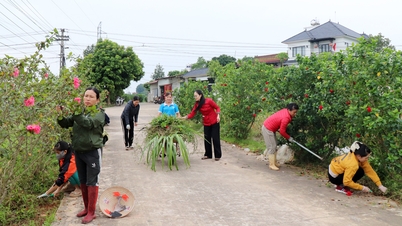

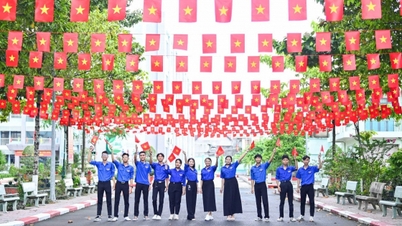



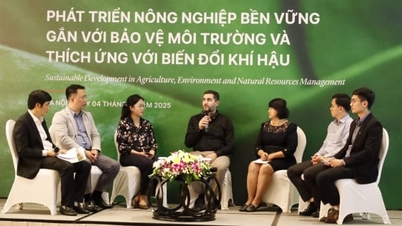
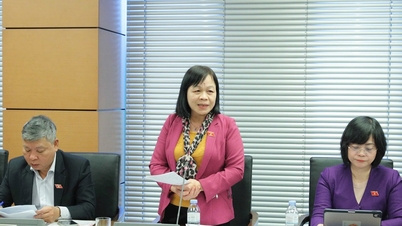
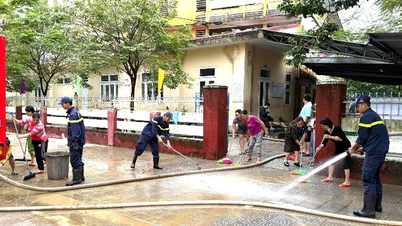

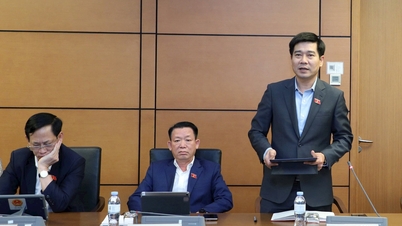
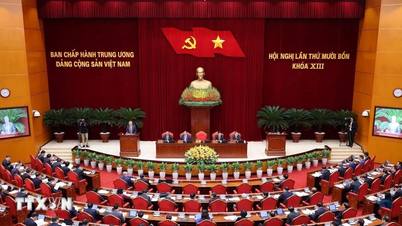

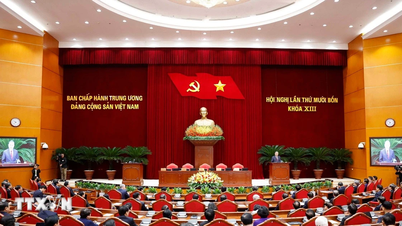
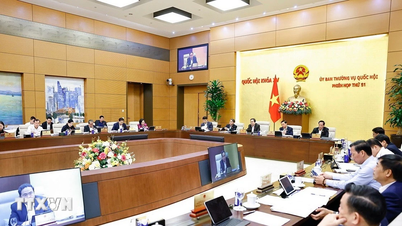
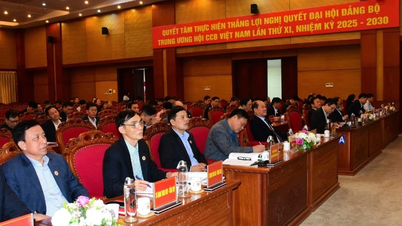

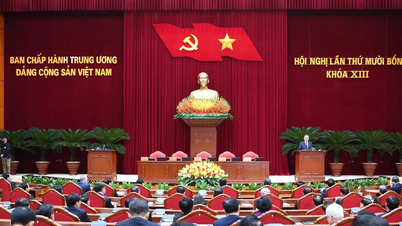




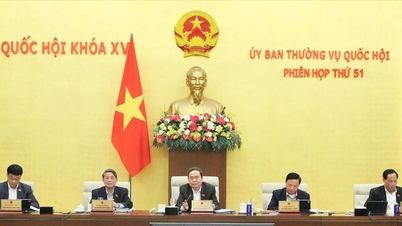

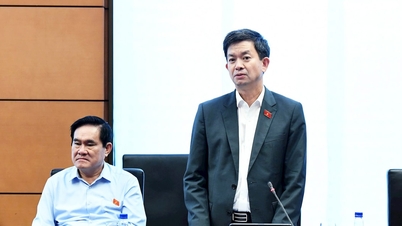


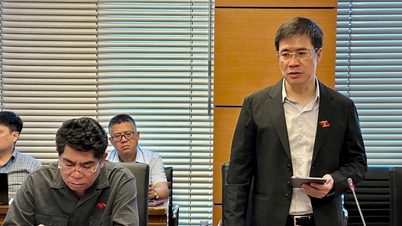







































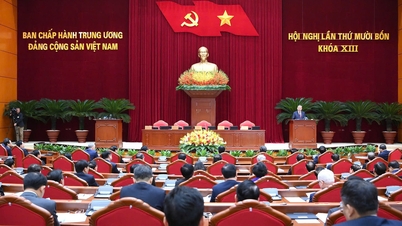


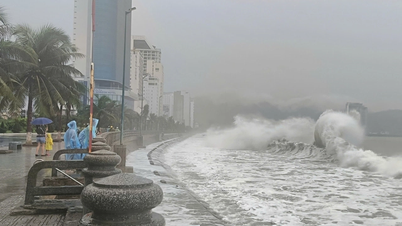
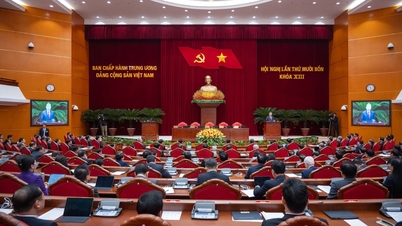






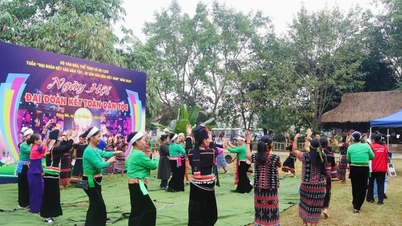
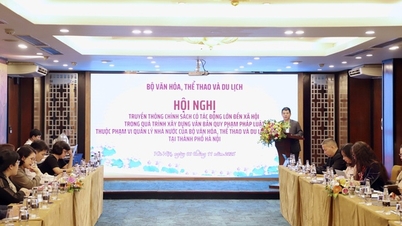

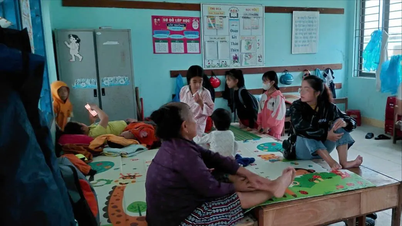
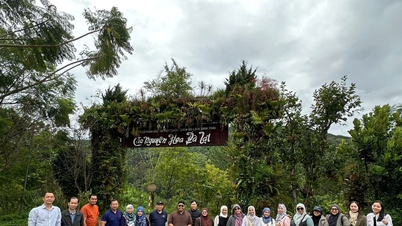

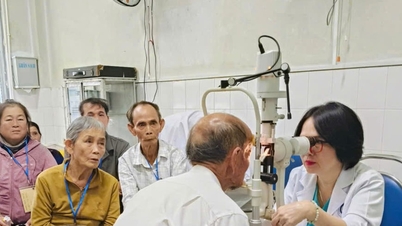

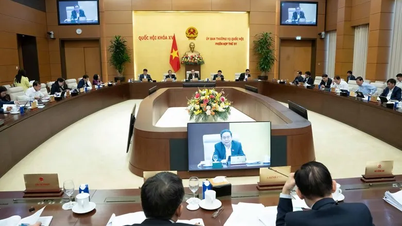
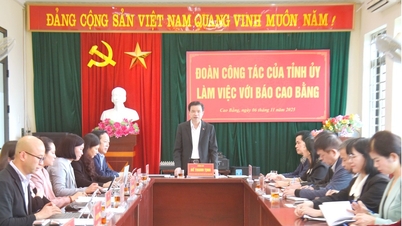
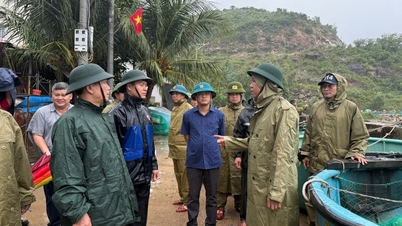














Comment (0)